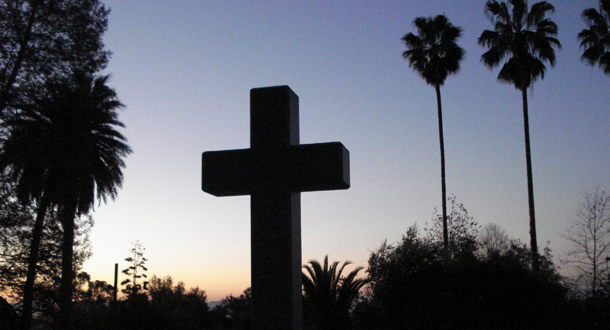
Scripture:
2 Corinthians 4:7-15
Matthew 5:27-32
Reflection:
While reading through today’s scriptures, I kept coming back to the first line in St. Paul’s second letter to the Corinthians, “We hold this treasure in earthen vessels. . .” (v.7).
In his Gospel, Matthew uses this word to share Jesus’ sayings. For example, “For where your treasure is, there also will be your heart” (6:21). Additionally, he writes “The kingdom of heaven is like a treasure buried in a field, which a person finds and hides again, and out of joy goes and sells all that he has and buys the field” (13:44). There is no mention that he ever digs it up again. We might say that this field is essentially the container of a vital and rich treasure.
Jewish people understood the Torah—the book of the Law, as a container for the treasure of God’s revealed will for them, essentially serving as a blueprint for life. Jesus stated earlier that he hadn’t come to abolish the Law but rather its fulfillment (5:17). In today’s text, Jesus offers a fuller interpretation of the Torah. Some translations label these sayings as the “antitheses,” conveying the meaning of contrasts or opposites. This is not the case for these verses, as Jesus invites a deeper inward interpretation of the scripture. Going to the “root” of the commandment, lust is the origin of the act of adultery. Therefore, before you have the outward action of adultery, it begins with an inner awareness of lust. This example of inner awareness is step one and can be used in all situations relating to our moral decision-making. We root out or cut off anything that causes separation in any way from God—our true treasure. However, following God’s design for our lives can be very challenging with interpreting scripture, differing viewpoints, etc. There can often be a clash of wills—mine, others and God’s as we live out our complex reality.
St. Paul takes up this concept with the Corinthian community. They were unhappy that he had broken his word to them by not returning as promised. In the meantime, “others” came and discredited his teachings. In this section of the letter, Paul defends his preaching ministry. The treasure is Christ and him crucified. We live to embrace his cross in our lives. However, this is not a burden that brings us to ruin, rather it brings us closer to Jesus—so close that we unite ourselves with his suffering. We carry his very life within us.
When our granddaughter Alice was about four years old, she would ask if I had any treasures. She had a habit of finding small items of any description and putting them in bags, purses, or boxes. When asked exactly what she meant by treasures, she replied that a treasure was anything she had not yet seen. Her description of a treasure in this context rings true for us. This treasure we hold in earthen vessels, hidden in the field. . . (or in a purse in the playroom). . reflects Paul’s words in his first letter to the Corinthians, “Eye has not seen, and ear has not heard, and what has not entered the human heart, what God has prepared for those who love him” (2:9). May we always hold fast to this hidden true treasure in our hearts. Amen.
Jean Bowler is a retreatant at Mater Dolorosa Passionist Retreat Center in Sierra Madre, California, and a member of the Office of Mission Effectiveness Board of Holy Cross Province.
